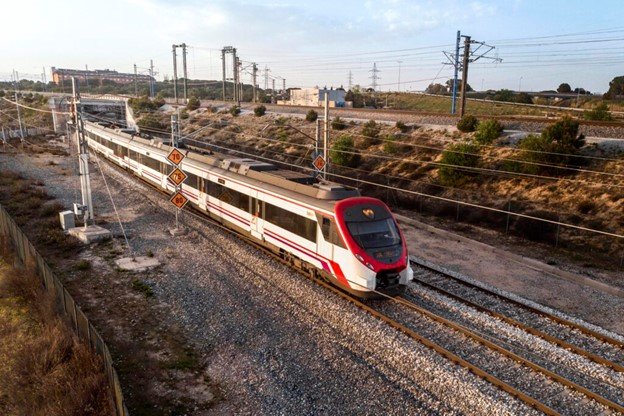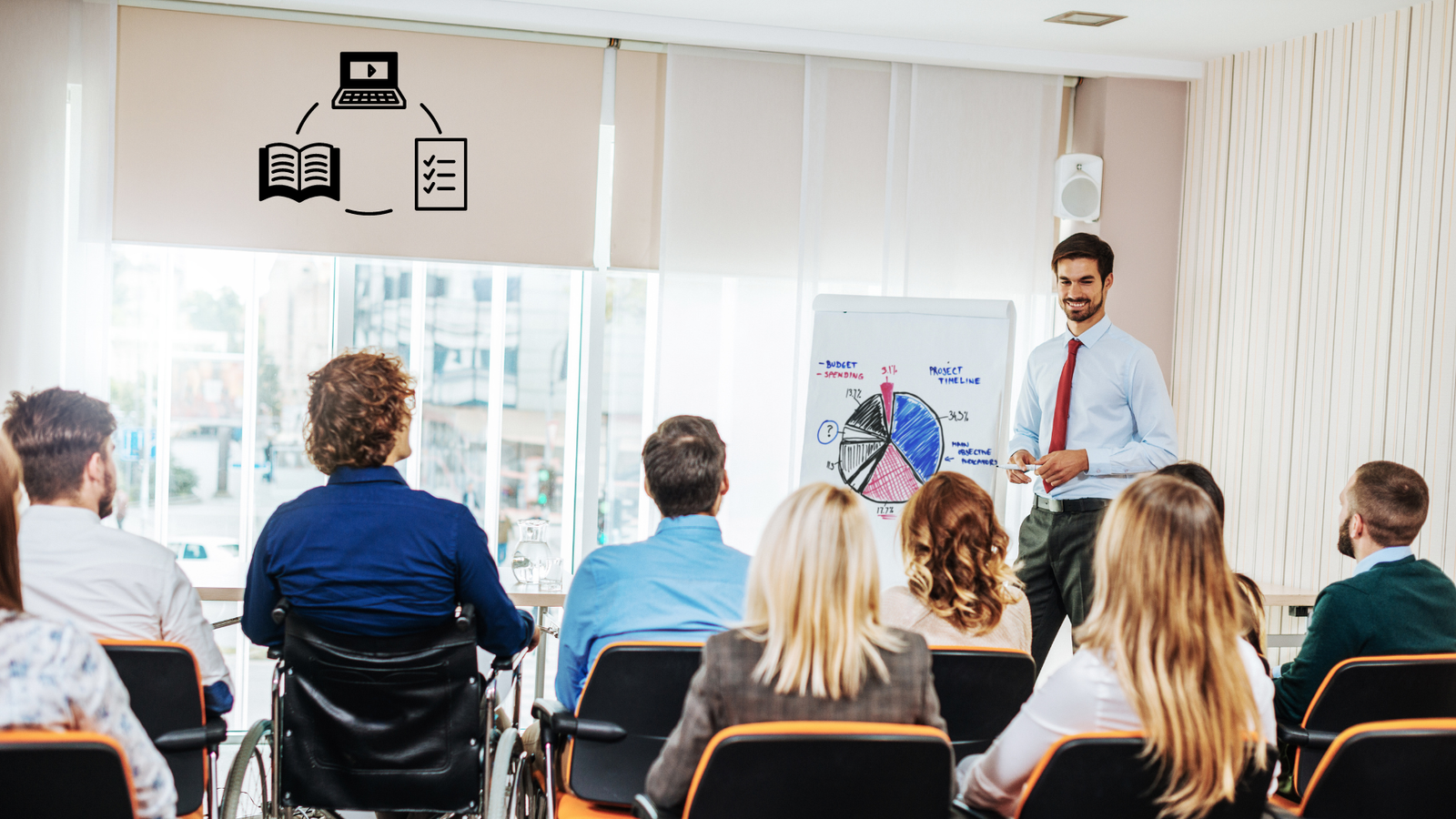Train journeys are normally very safe, but accidents can sometimes occur. The knowledge of why such accidents occur goes a long way in preventing them. Some accidents may occur due to factors beyond people’s control, while many others occur due to human error, mechanical failure, or poor maintenance. Knowing the root cause of an accident contributes to holding responsible parties accountable. It may also prevent the same thing from happening again in the future. If you or a loved one has been involved in a train accident, then it’s important to seek legal assistance. Train accident attorneys can provide valuable assistance and guide you through the complex legal process. In this article, we’ll explore five common reasons trains may be involved in accidents.

Human Error
Human error is a major cause of train accidents, right from the negligence or mistakes of the operator to that of the maintenance crew. Distracted, drowsy, or even intoxicated operators are accidents waiting to happen.
Ignorance of speed limits, missed signals, or failure to apply brakes in time are a few events that trigger a train crash.
Proper training, supervision, and stringent safety protocols are essential to minimizing human errors. In cases where an accident occurs due to operator negligence, train accident attorneys can help victims hold the responsible parties accountable.
Read: E-Books: Human Performance Improvement through Human Error Prevention
1. Mechanical Failures
Like any vehicle, trains require regular maintenance and repairs to ensure all parts are properly functioning. Unfortunately, mechanical failures still occur and are a common cause of accidents.
Brake failures, engine malfunctions, or broken components can lead to derailments, collisions, and other hazardous situations. These issues may arise due to improper maintenance or defective parts.
In such cases, the responsibility may lie with the train company, the manufacturers of faulty components, or the maintenance crew. Identifying the root cause of a mechanical failure is critical to determining liability in a train accident case.
2. Faulty Tracks and Infrastructure
The condition of the tracks is crucial to the safe operation of trains. Damaged or poorly maintained tracks, such as broken rails, misaligned switches, or weak bridges, can lead to derailments and other catastrophic events. Even minor issues with the railway infrastructure, if left unattended, can cause significant problems.
If faulty tracks or infrastructure are to blame for an accident, train accident attorneys can help victims file claims against the responsible entities.
3. Weather Conditions
Adverse weather conditions, such as heavy rain, snow, or fog, can contribute to train accidents. Poor visibility and slippery tracks make it more difficult for operators to control the train or spot obstacles. In extreme cases, flooding can weaken the rail bed, leading to derailments, while snow and ice can interfere with signals and switches.
While weather itself isn’t a controllable factor, the train operator and company must take extra precautions during hazardous conditions. This includes slowing down or halting services when necessary to prevent accidents.
4. Collisions with Vehicles or Pedestrians
Trains frequently cross roads with automobiles, and the crossroads are often dangerous. Automobiles or trucks meet their end by attempting to cross the tracks when a train is approaching.
Sometimes, gates or crossing signals malfunction, leading to accidents. In addition, sometimes pedestrians encroach on the railway lines, and this causes numerous tragic mishaps.
These incidents seem to occur beyond the reach of a train company’s ability to control; although the way a crossing is designed and engineered can play a major role.
Conclusion
Train accidents, though less common than other types of accidents, can have devastating consequences. The causes range from human error to mechanical failures and weather-related hazards.
Understanding these reasons can help prevent future accidents and provide clarity on who might be held accountable in the event of a crash.
If you or a loved one has been involved in a train accident, consulting with train accident attorneys can help you pursue legal action and secure the compensation you deserve.
Read Unravelling the Causes of Accidents: Understanding the Key Factors



